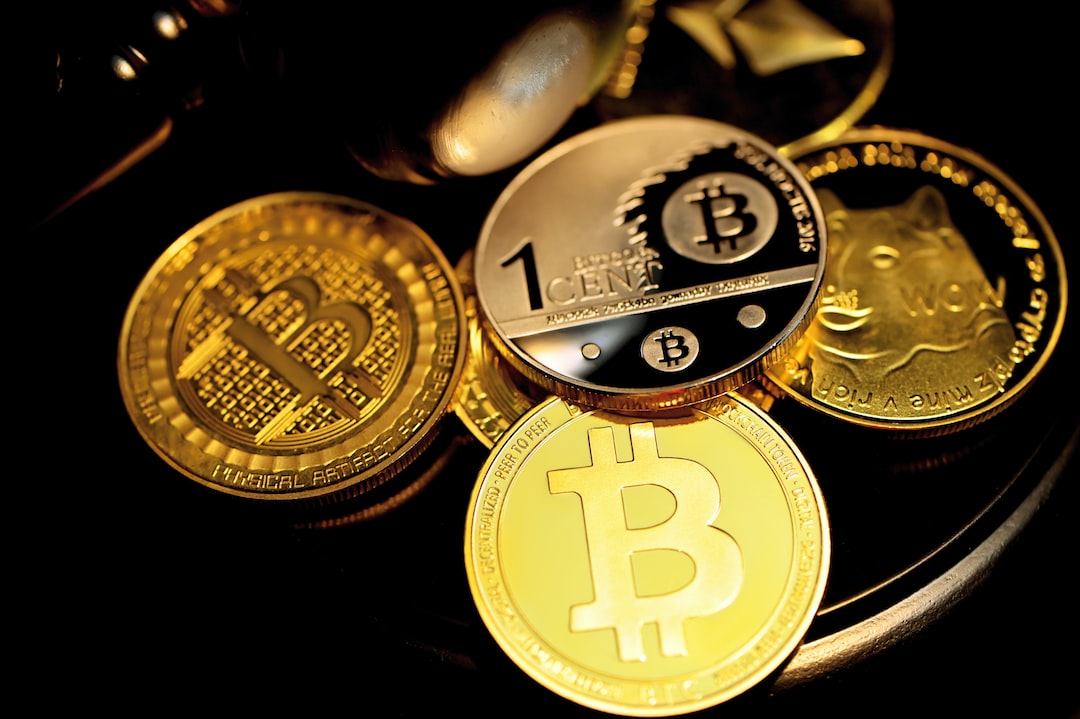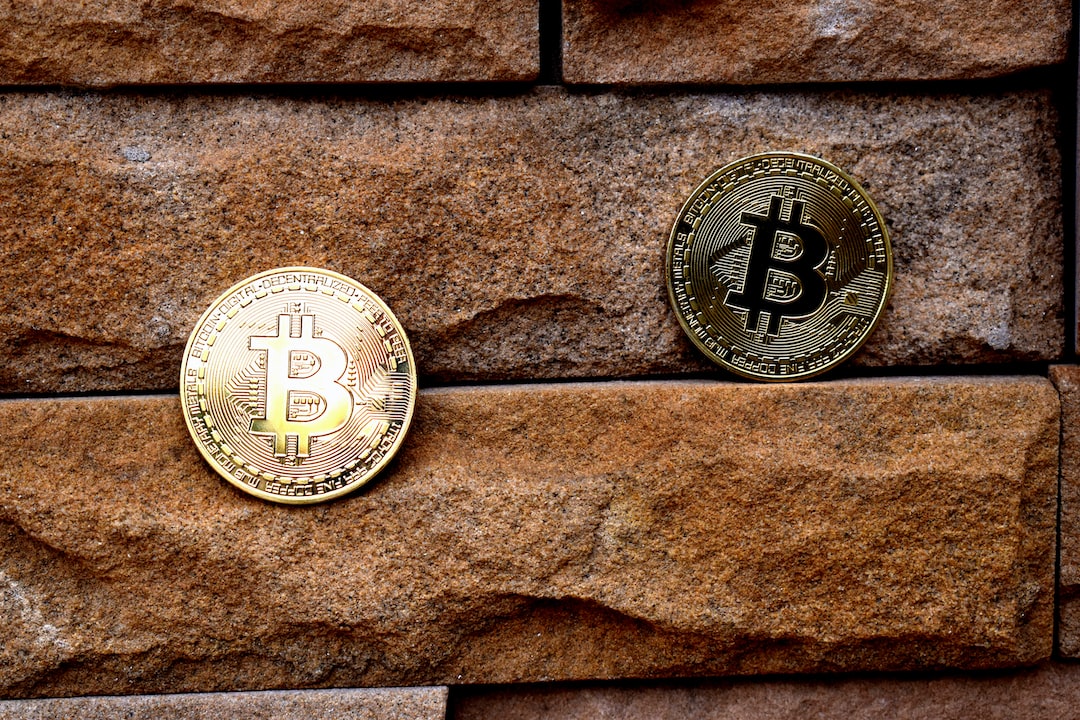Blockchain Technology: Breathing New Life into Traditional Assets
Bitcoin? It’s a bit old hat, say a cohort of crypto investors who are betting on blockchain technology breathing new life into traditional assets. As crypto prices see-saw ahead of their next swerve, the market for “tokenization” – issuing blockchain-based digital tokens that represent assets from bonds to stocks and real estate – may finally be reaching a critical mass.
Traditional Finance Embraces Tokenization
Big finance firms like London Stock Exchange Group, WisdomTree, and Mirae Asset Securities have either invested in token trading and investment platforms over the past year or are in talks to develop them. Others like Franklin Templeton, UBS Asset Management, and ABN Amro have launched tokenized versions of assets such as money market funds and green bonds.
According to two surveys conducted by EY-Parthenon in May, more than a third of institutional investors in the U.S. and almost two-thirds of high-net-worth investors plan to invest in tokenized assets this year or next.
The Appeal of Tokenization
The potential for savings on transaction costs is what attracts big investment players to tokenization. Colin Butler, global head of institutional capital at blockchain firm Polygon Labs, believes that cost-reduction ideas are powerful in the current market climate. Institutions have spent years researching tokenization and are now more comfortable launching projects.
Tokenization offers traditional finance more transparent trading, increased liquidity, reduced costs, and faster settlement times through smart contracts – blockchain-based covenants that settle automatically. However, critics highlight issues such as trading infrastructure gaps, a lack of cohesive global regulation, and limited traction with investors.
Potential Growth and Challenges
The market cap of tokenized public securities is currently $345 million, a small fraction of the wider cryptocurrency market’s $1 trillion. While some see a bigger future, with estimates that 5% to 10% of all assets will be digital by 2030, the fledgling tokenization market has not lived up to much of the hype.
However, there is growing optimism due to senior-level buy-in from large firms. Market participants acknowledge hurdles such as the need for larger trading pools but hope for a better network effect where more firms adopt the same platforms and assets become more tradeable.
Hot Take: Tokenization’s Potential Impact on Traditional Assets
Blockchain-based tokenization has garnered significant attention from both traditional finance and crypto investors. While the market for tokenized assets is still in its early stages, it is gaining momentum as big finance firms invest in token trading and investment platforms. The appeal lies in the potential for cost reduction, increased transparency, liquidity, and faster settlement times.
However, challenges remain, including trading infrastructure gaps and regulatory uncertainties. Despite these obstacles, there is growing optimism that tokenization could revolutionize traditional assets. As more firms embrace this technology and create a network effect, the tradeability and value of tokenized assets are expected to increase. With senior-level buy-in from large institutions, the future looks promising for blockchain-based tokenization.





 By
By
 By
By
 By
By
 By
By
 By
By